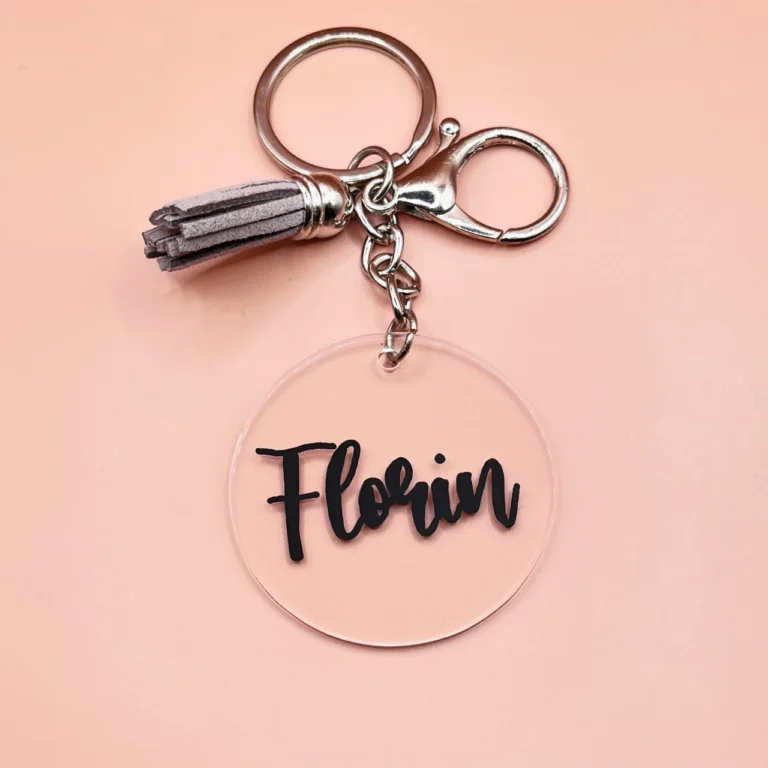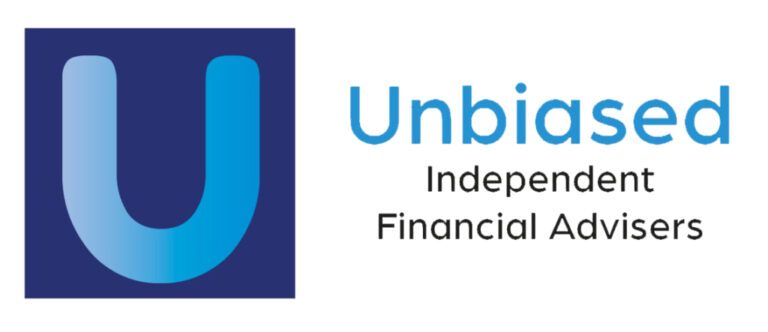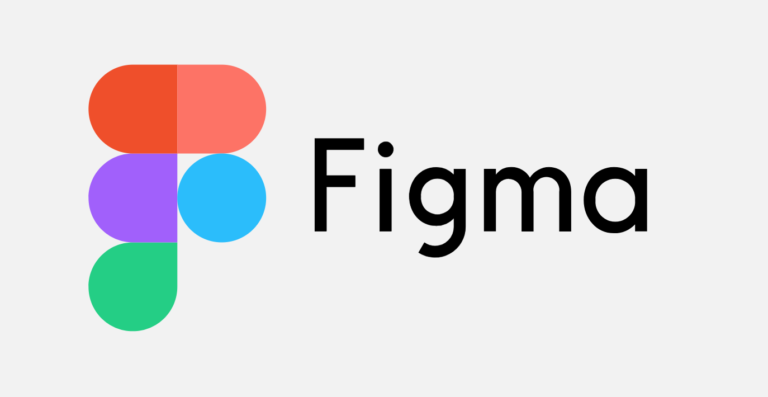In the fast-paced world of design and collaboration, finding the right tools to streamline workflows and enhance creativity is crucial. Among the myriad of design software available, Figma stands out as a powerful and versatile platform that has revolutionized the way designers work and collaborate.

What is Figma?
Figma is a cloud-based design tool that enables users to create, prototype, and collaborate in real-time. Launched in 2015, Figma has gained widespread popularity among designers, product managers, and developers for its innovative features and collaborative capabilities.
Real-Time Collaboration
One of Figma’s standout features is its real-time collaboration functionality. Unlike traditional design tools where files are saved locally and shared through various means, Figma operates in the cloud, allowing multiple users to work on the same project simultaneously. This real-time collaboration fosters seamless communication and eliminates version control issues, enabling teams to work together irrespective of geographical locations.

Cross-Platform Accessibility
Figma’s cloud-based nature also means it is accessible from any device with an internet connection. Whether you’re on a desktop computer, laptop, or tablet, Figma provides a consistent user experience across platforms. This flexibility is a game-changer for teams that need to collaborate remotely or switch between devices throughout the day.
Design Thinking and Prototyping
Figma empowers designers to translate their ideas into interactive prototypes. The platform provides a range of design tools, from vector editing to prototyping features, making it a comprehensive solution for the entire design process. Designers can create user interfaces, test interactions, and iterate on designs, all within the same environment.
Component-Based Design
Figma adopts a component-based design approach, allowing designers to create reusable elements that maintain consistency throughout a project. Components can be easily updated, and changes are automatically reflected across all instances, ensuring a unified design language and saving valuable time.
Design Systems
For larger projects or organizations, Figma supports the creation of design systems. Design systems are collections of reusable components, styles, and guidelines that ensure a cohesive and consistent user experience across different products and platforms. Figma’s design system features simplify the process of creating and maintaining a centralized design language for teams.
Plugins and Integrations
Figma’s extensibility is further enhanced by a wide range of plugins that can be integrated directly into the platform. These plugins cover various functionalities, from accessibility checks to content generation, providing designers with additional tools to enhance their workflow.
Version History and Comments
Figma keeps a detailed version history of design files, allowing users to review changes, revert to previous versions, and track the evolution of a project. Additionally, the commenting feature facilitates communication within the platform, enabling team members to provide feedback directly on specific elements or areas of a design.
Security and Privacy
As a cloud-based tool, security is a top priority for Figma. The platform uses encryption to protect data, and access controls allow teams to manage who can view or edit specific files. With features like two-factor authentication, Figma ensures a secure environment for collaborative design work.
Conclusion
Figma has become a staple in the toolkit of designers and design teams, offering a dynamic and collaborative platform that fosters creativity and efficiency. Whether you’re a solo designer working on a freelance project or part of a large team developing a complex application, Figma’s versatility, real-time collaboration, and innovative features make it a standout choice in the ever-evolving landscape of design tools. As the design industry continues to evolve, Figma is likely to remain at the forefront, empowering individuals and teams to turn their visions into reality.
Top of Form












